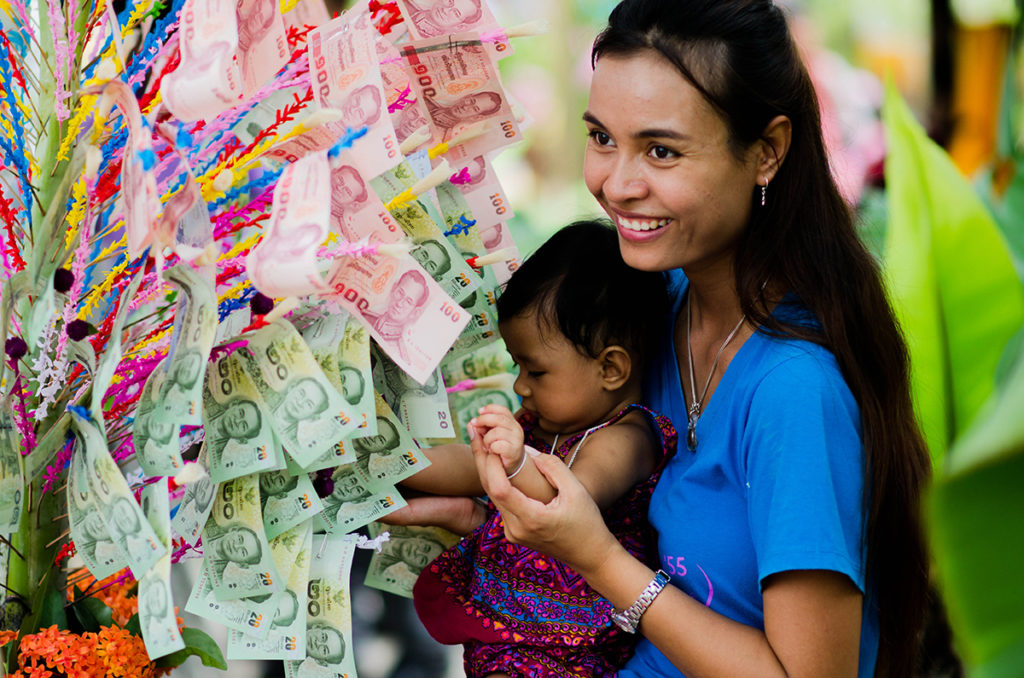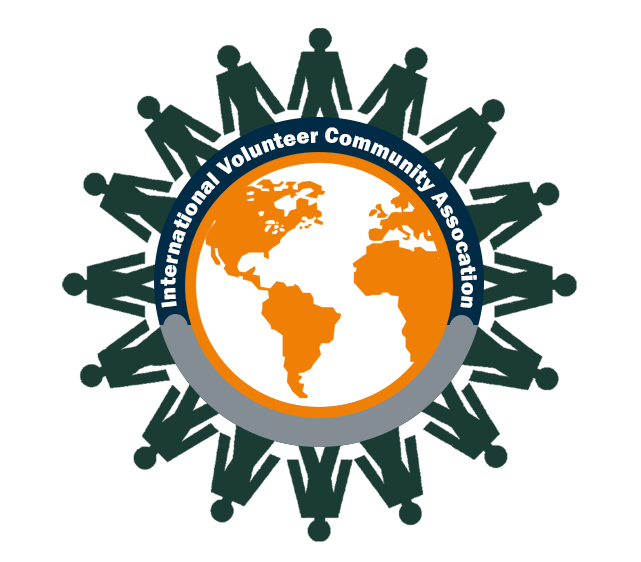

Understanding the culture and people before you travel and volunteer abroad is not only useful, but will provide a better overall experience in Thailand, or whichever country you find yourself in.
Immerse yourself in the richness that makes Thailand so beautiful. Read below to find out more about how family and status play a role in Thailand.
It’s a Family Affair!
In Thai culture, family is held to a very high standard. Often times, family takes precedence over many things and unlike many Western cultures, with a greater significance on the extended family. Families generally live within close proximity to one another, and if one does move away for work or study the family ties remain quite strong. It is not uncommon for extended family to care for or raise the children of those with parents that must work someplace else. Also, it is expected for the younger generation to care for the elderly members, be it financially or helping with their homes or businesses.
You may also hear Thai people refer to their many brothers and sisters. Generally, Thai families do not have many children but are actually referring to their cousins.
There is a level of respect expected amongst Thai children, showing ultimate gratitude toward Mother and Father. Though inclusive of many neighbors and friends, there is a certain honor and respect that must be practiced and paid forth to those in one’s family. You may hear “phi” before an older sibling or member of a family, and “nong” as a means of affection for a younger member.
Status
As there is a hierarchy amongst family members, all of Thai society is largely dictated by occupation, wealth, age, and residence. Your level of education will also play an important role in your status. As these factors vary or fluctuate, so does one’s status in society. The wai (traditional Thai greeting) has different variations as well when greeting members of different classes within the society, and whom should offer this greeting first. Generally, the higher status will not wai first and when presenting a wai to a person of higher-ranking status, you will hold your palms together at a higher level in front of your body and your bow will be deeper.
As mentioned above with family members, phi and nong are also used with other members of society – sometimes, a person with a higher status may in fact be younger but called phi.
Thailand is a Kingdom with the ultimate respect being paid to their King. Currently, King Rama X holds power and has been in power since 2016, but crowned in just May of 2019. Prior to being crowned, his father reigned for 70 years making him the longest-reigning monarch in Thai history. It doesn’t take long after arriving into Thailand to see the streets adorned with statues, symbols and pictures of King Rama IX as he held great power and provided great leadership to the Kingdom for many years.
Second to the Kingdom, Thailand is largely led by government officials, politicians, the military, and businessmen, After that, merchants and those with skilled trades are held to a higher standard than the lower-status peasant farmers and urban village people. Aside from all of these, the ministry of Buddhism holds a class all its own.
